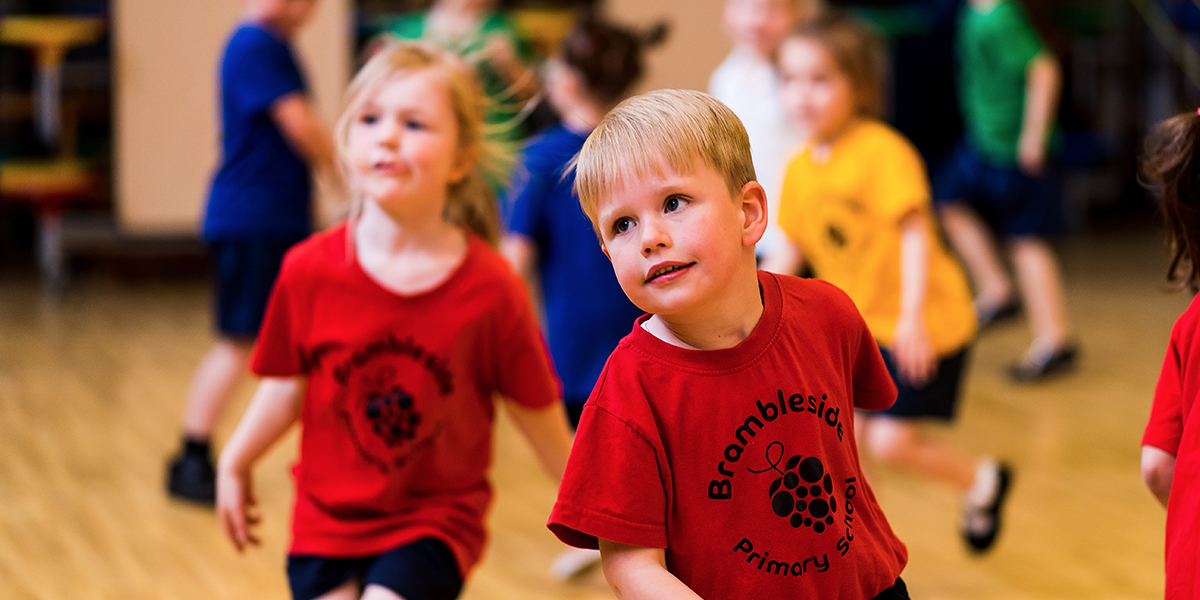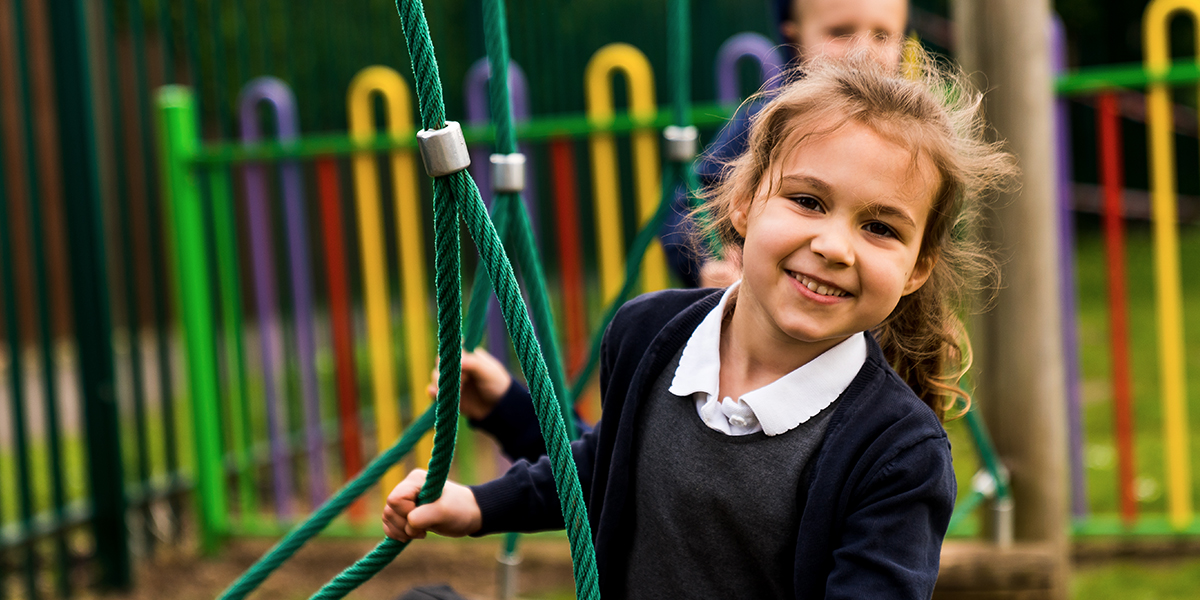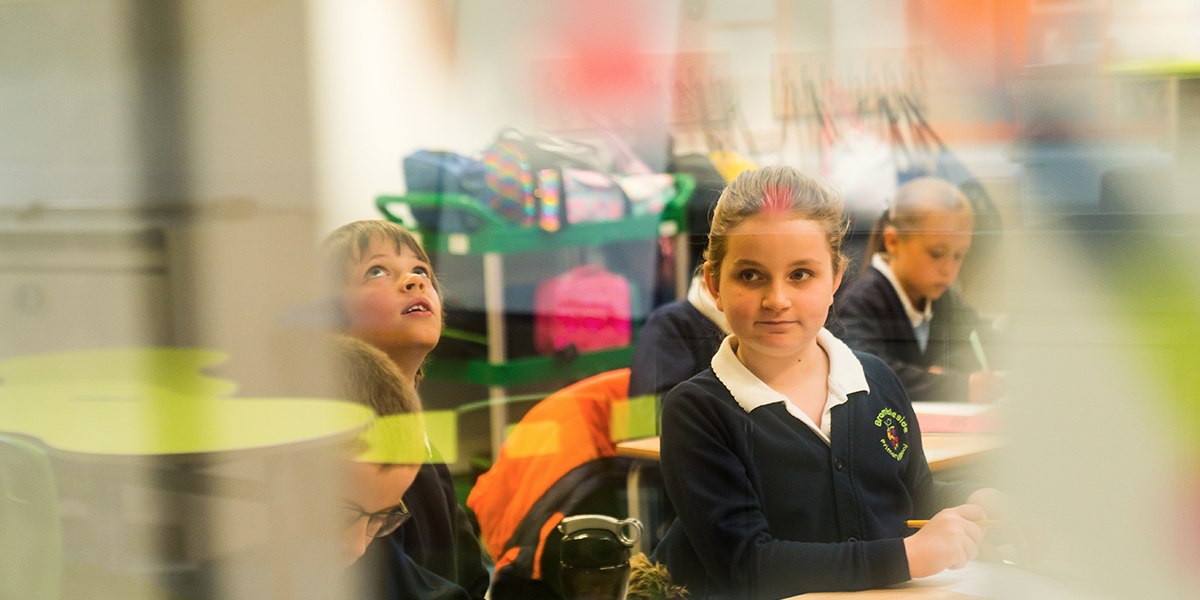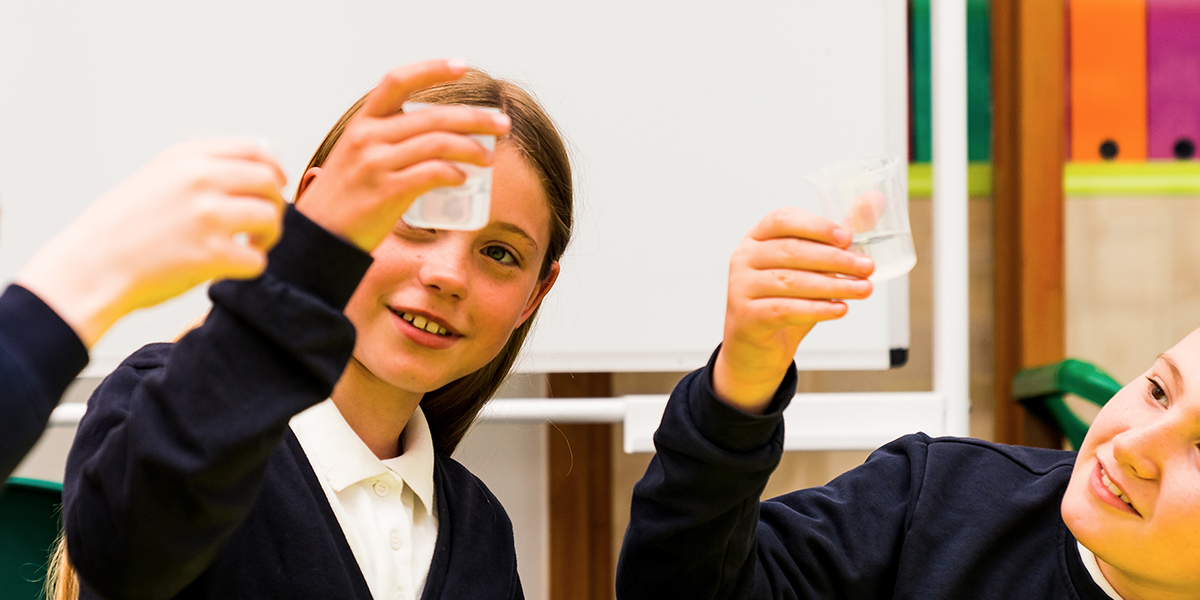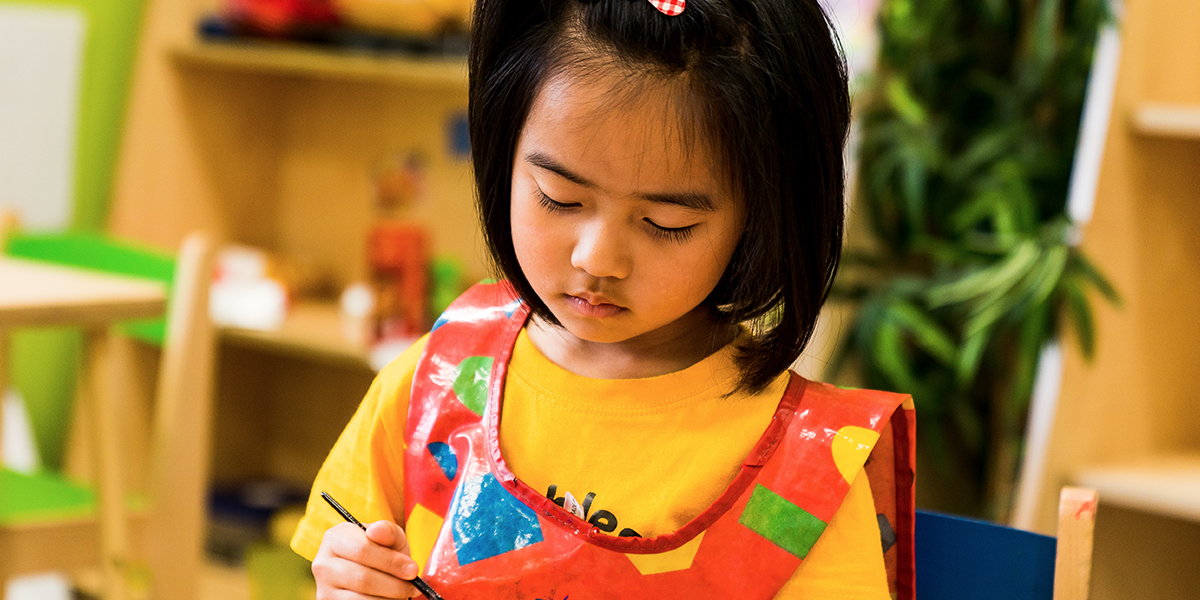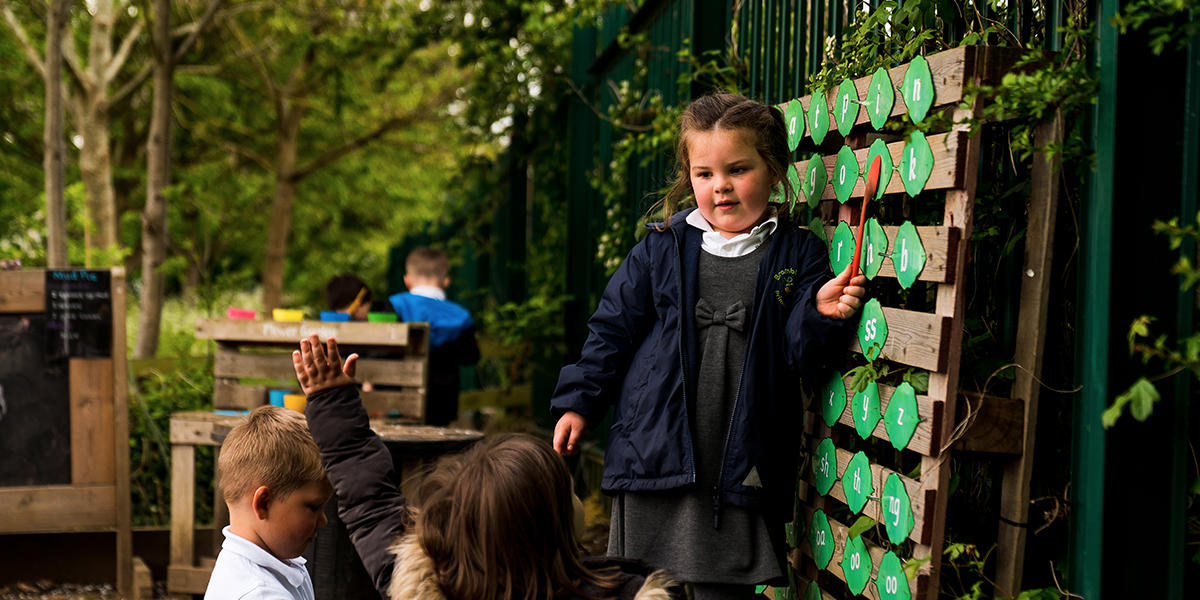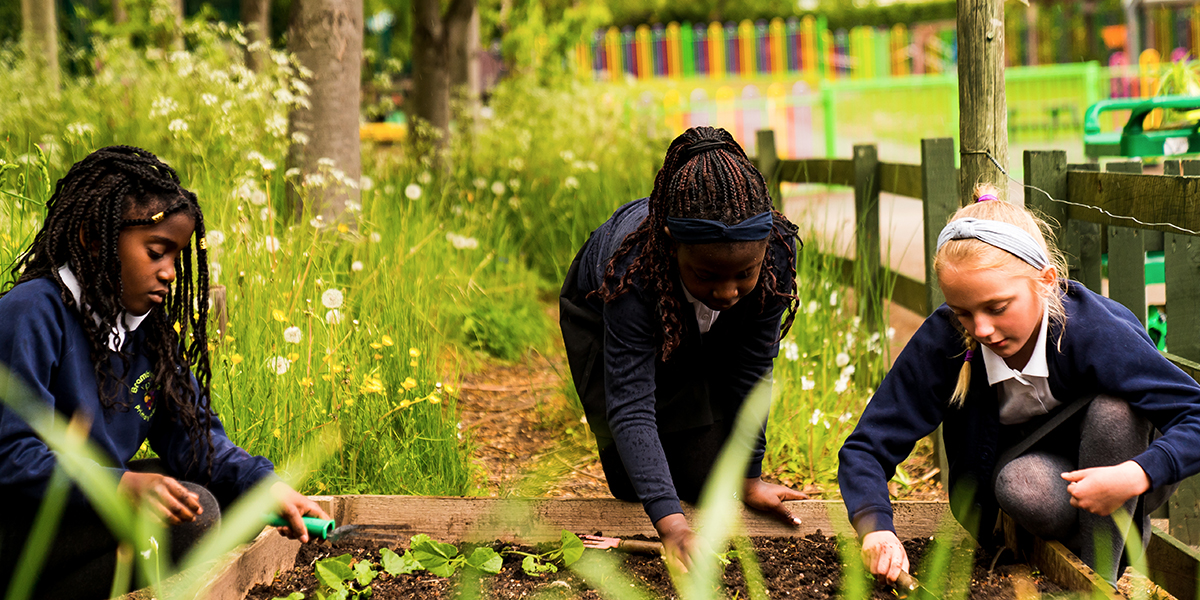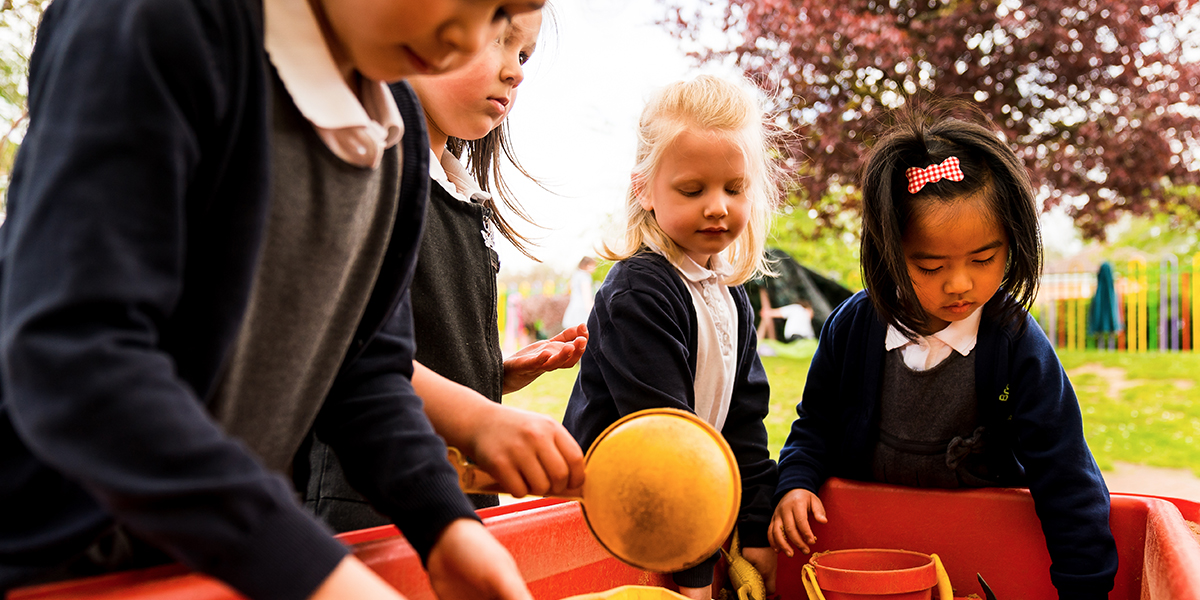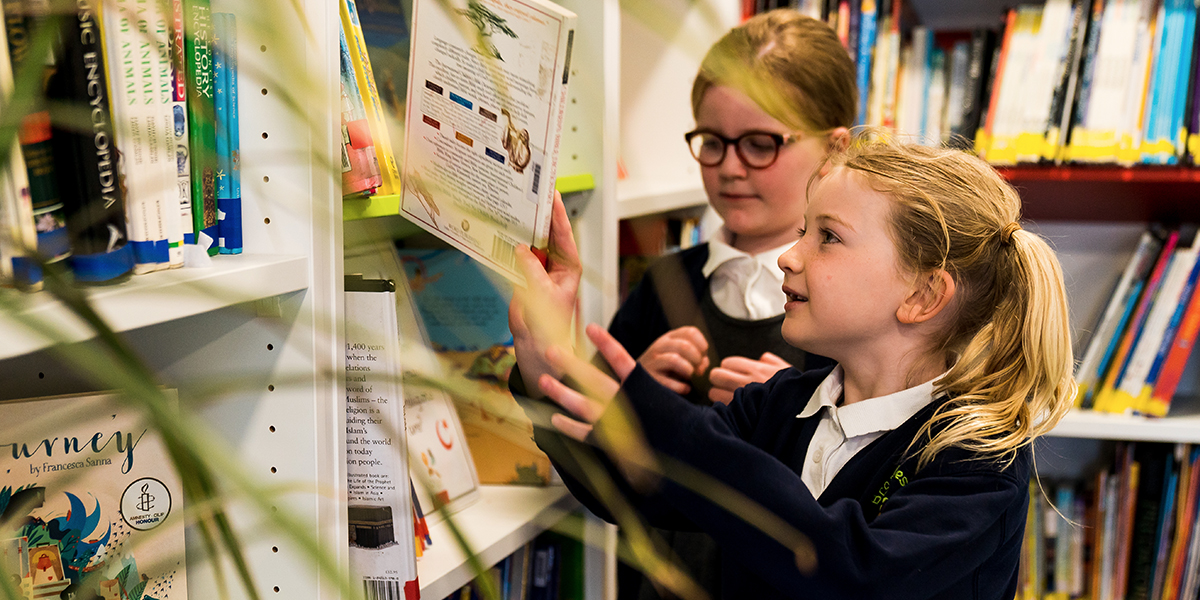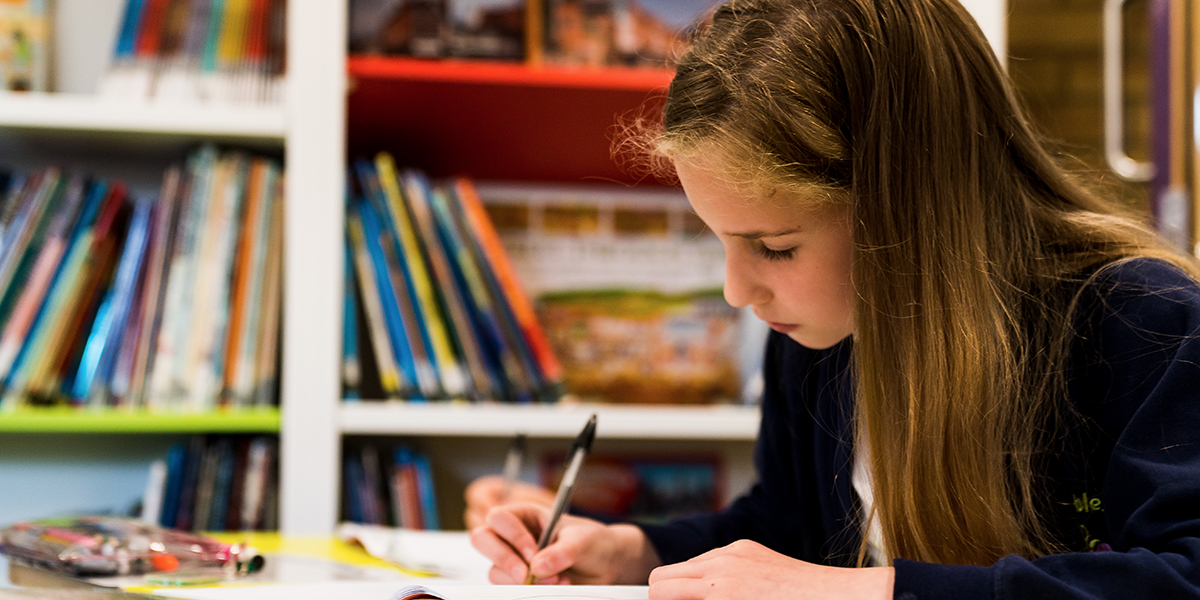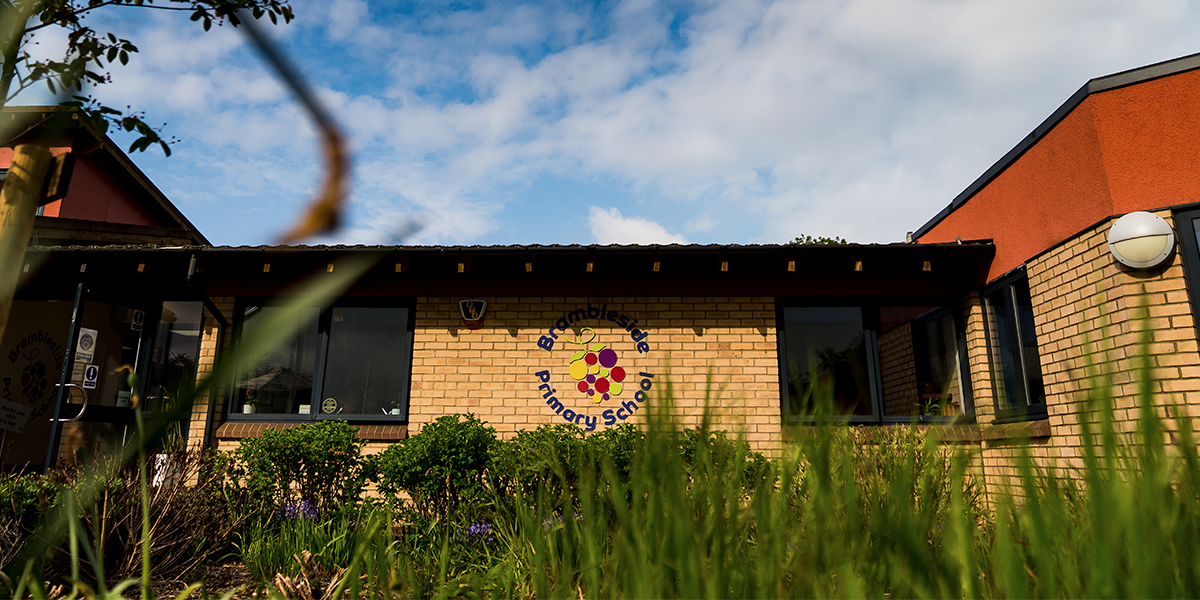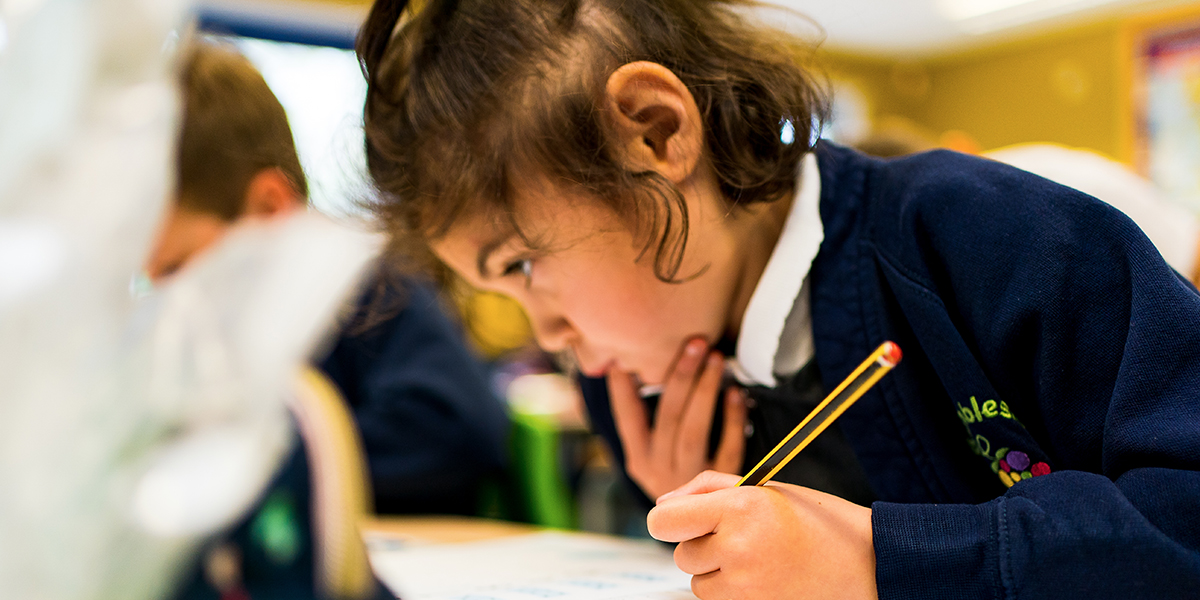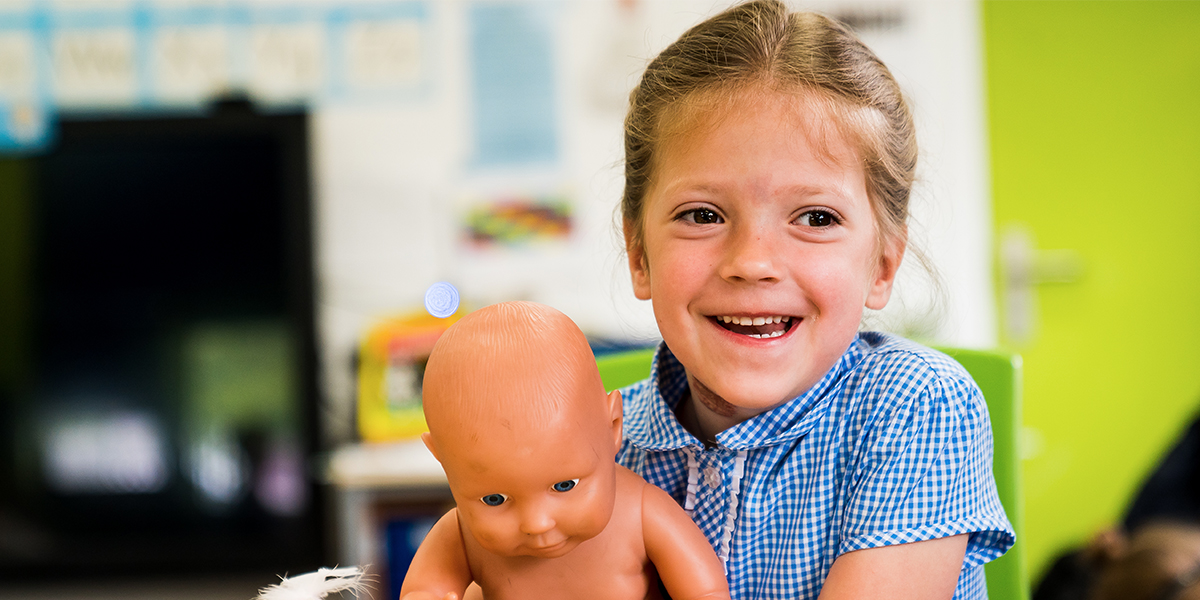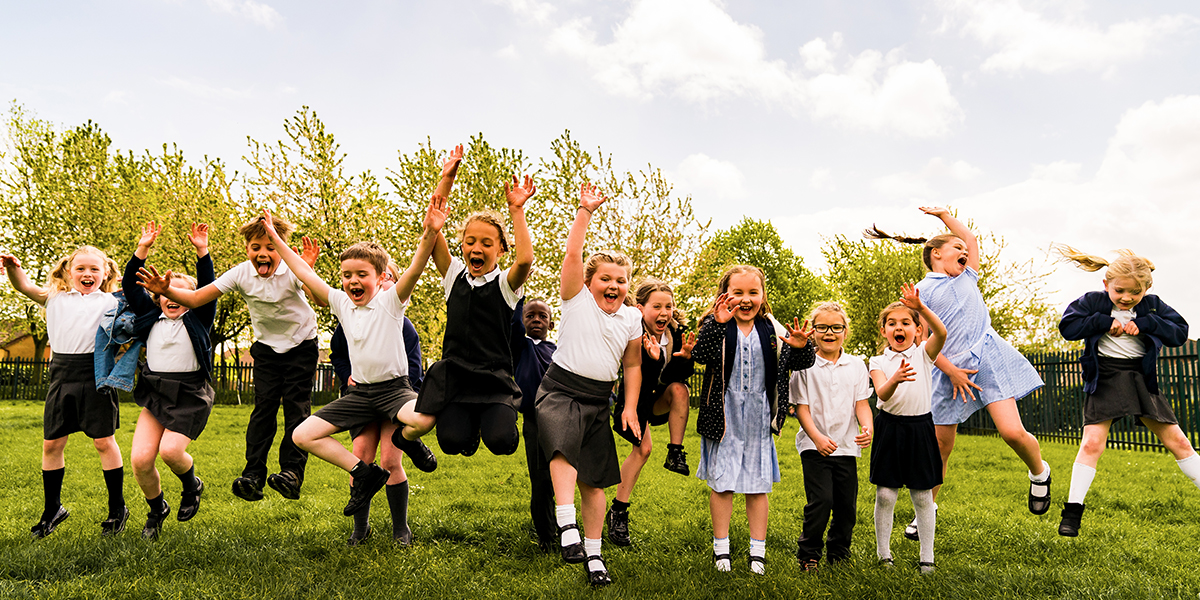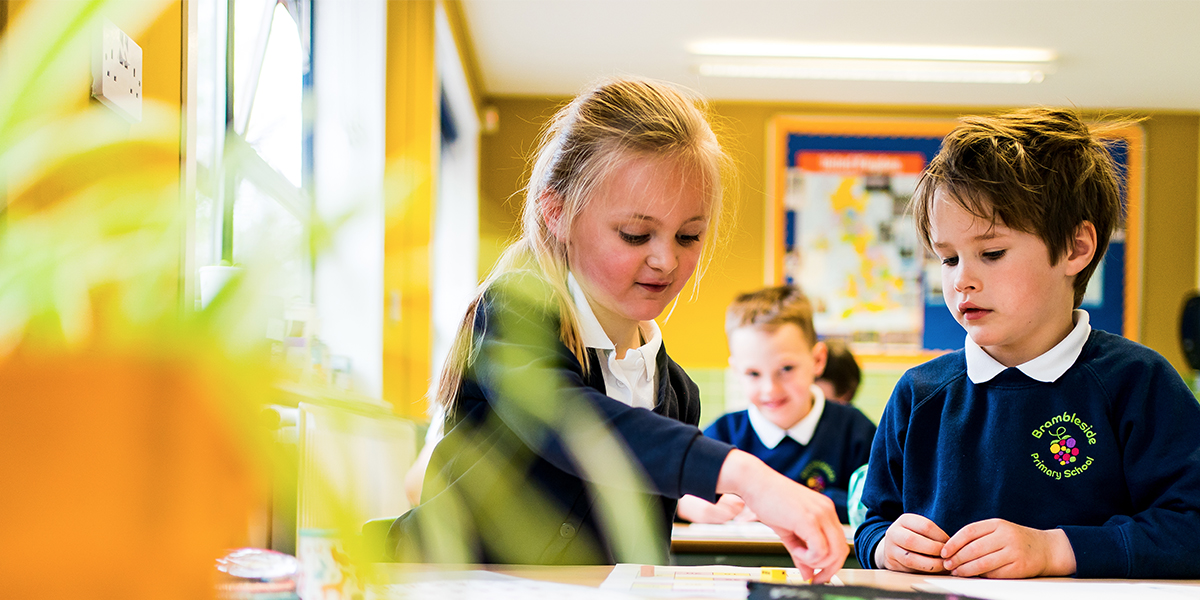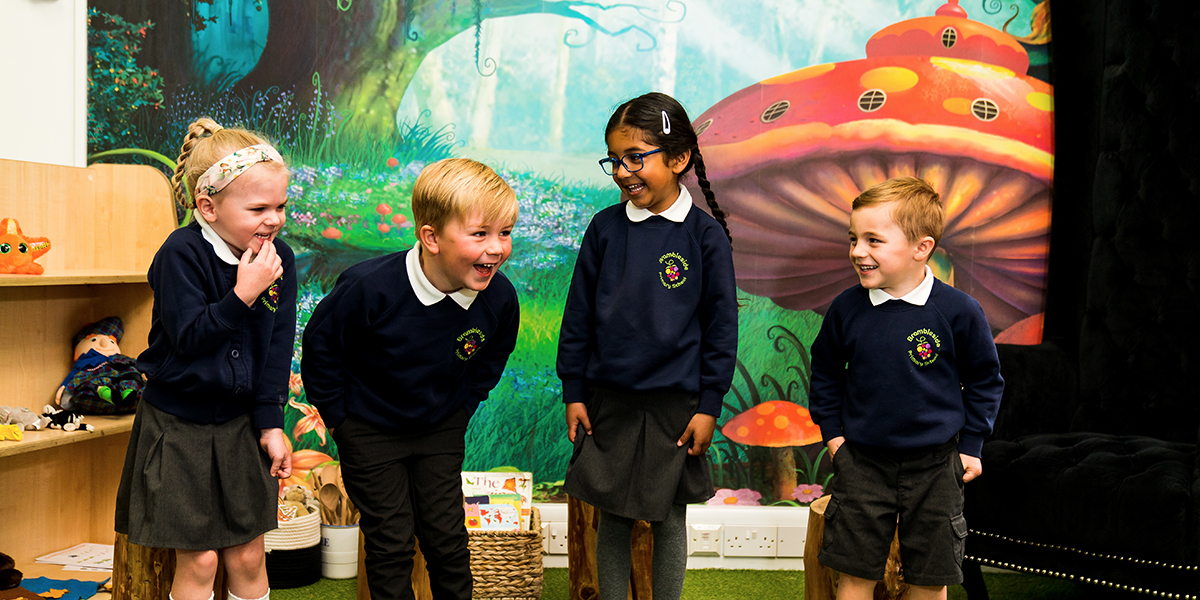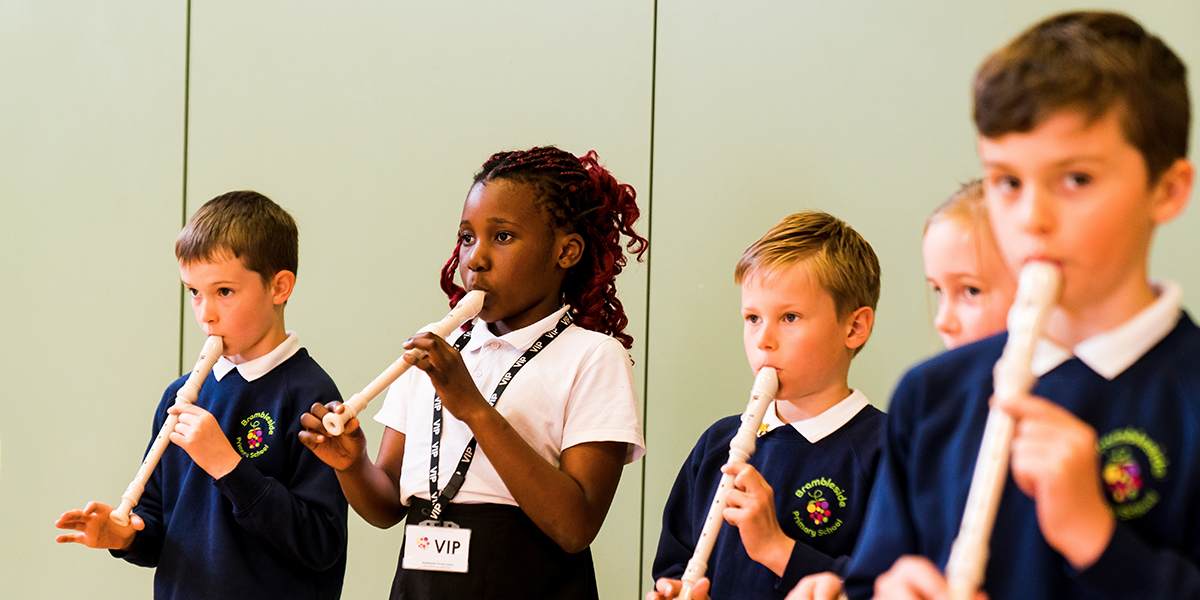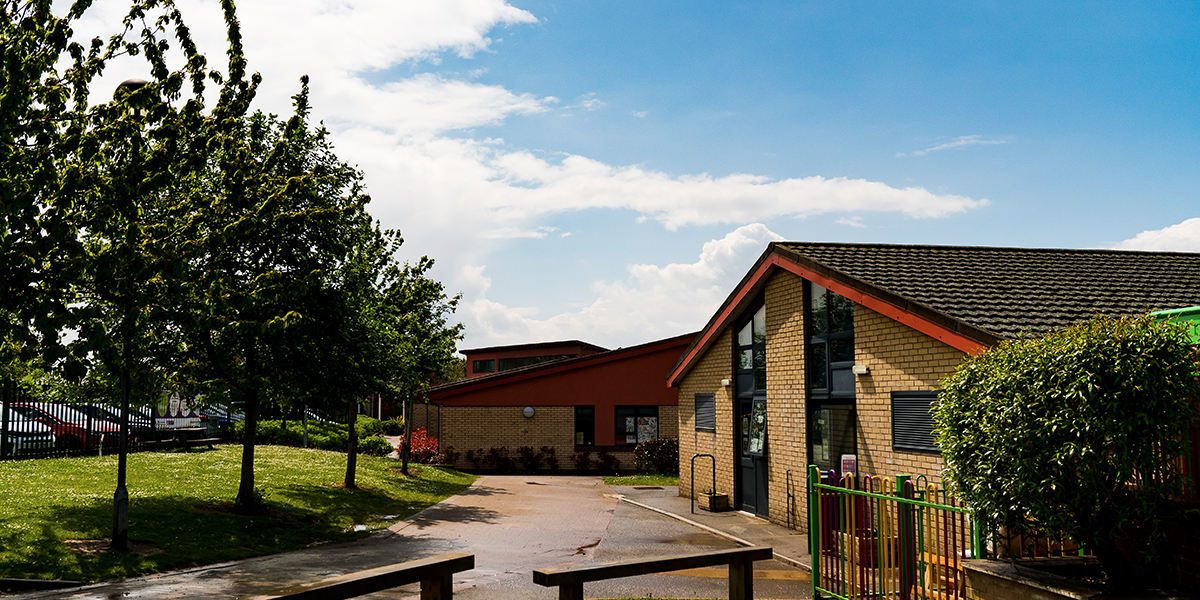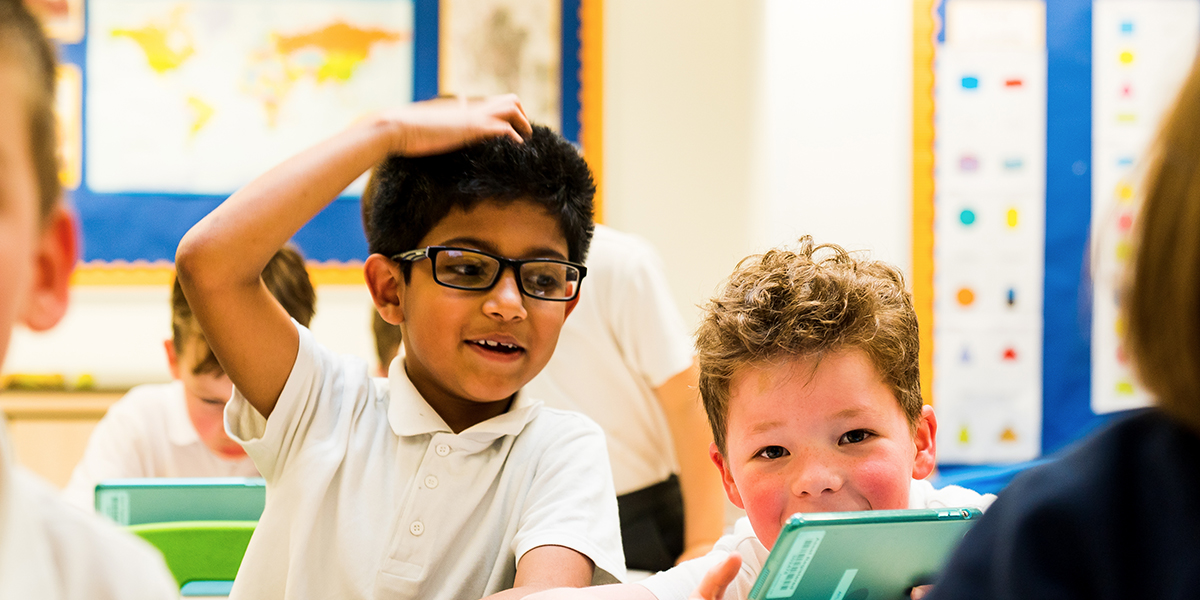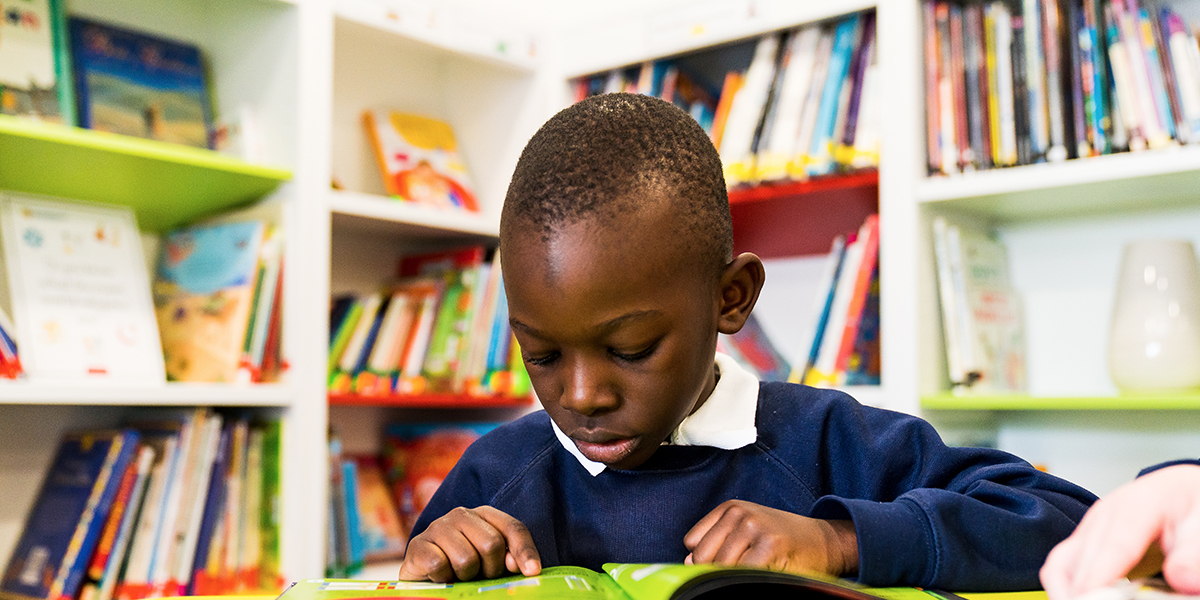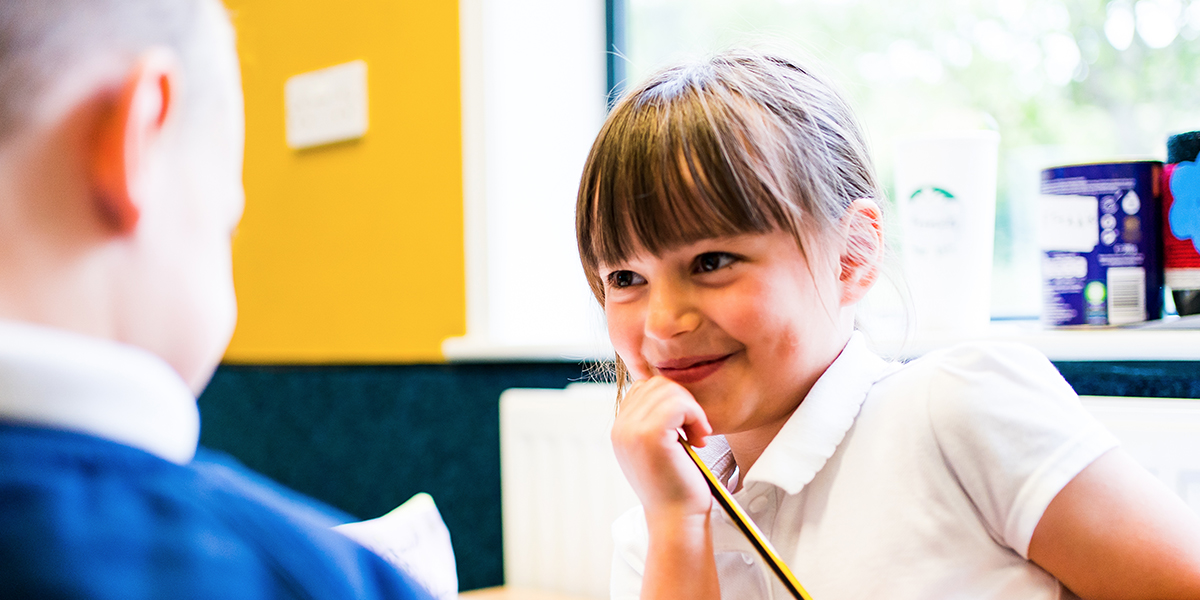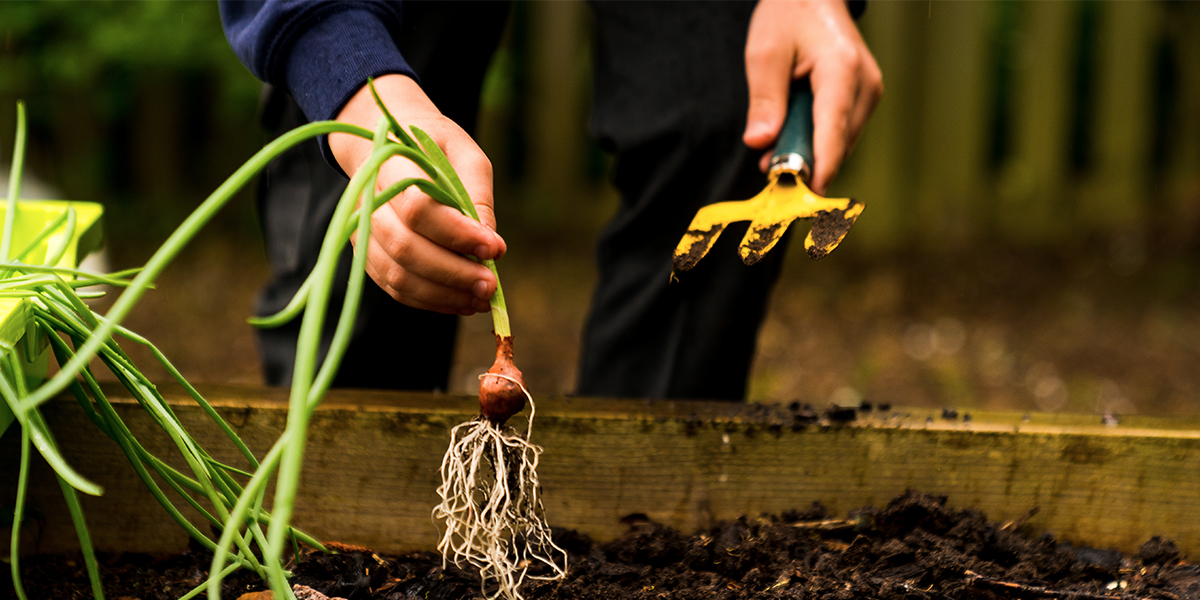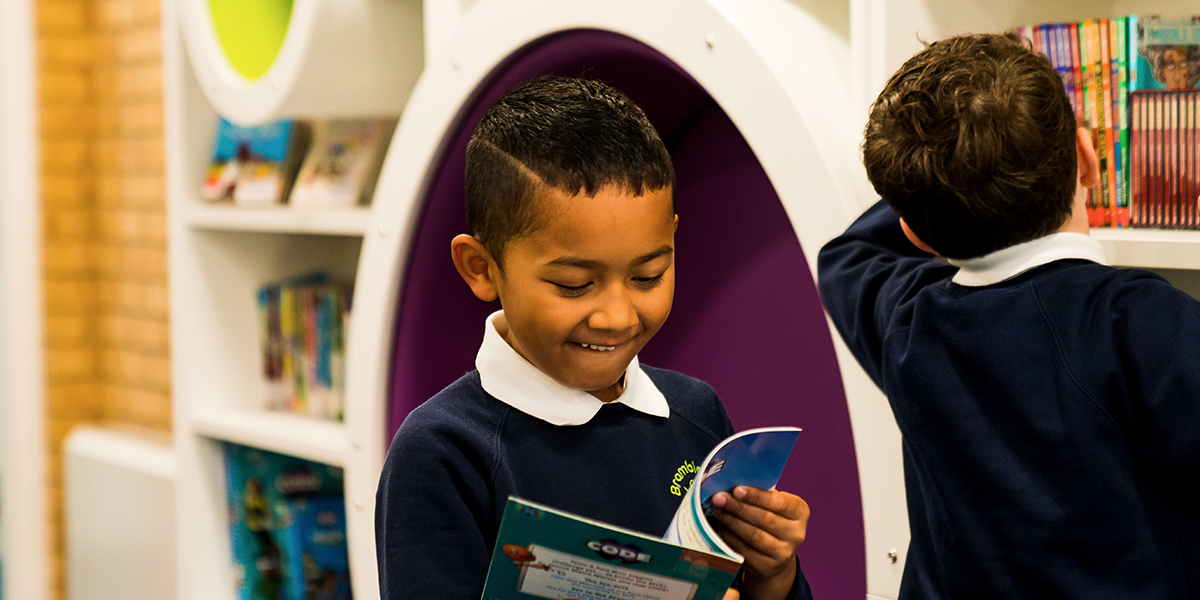Brambleside EYFS Teaching and Learning 2024-25
The Team
Our Early Years team consists of Miss Lee (EYFS Lead/Class Teacher), Miss Beale (Class Teacher), Miss Wells and Mrs. Camara (Early Years Practitioners) and teaching assistants Mrs. Majer, Mrs. Chotai, and Mrs. Shield.
Learning in Foundation Stage at Brambleside & the Environment
We carefully plan the teaching, learning, and play environment in the Foundation Stage. Through a balance of adult-led activities and play, we focus on building foundational knowledge, offering rich experiences and fostering a love for stories. Resources are tailored to support both independent learning and skill development.
Personal, Social & Emotional Development
Our goal is to nurture confident, independent, and resilient children. We help them build strong friendships, manage emotions, and resolve conflicts through structured stories and circle time. Our environment supports open-ended play, allowing children to apply what they’ve learned.
Communication & Language
We provide a language-rich environment where children learn through stories, play, and hands-on experiences. Using tools like WellComm and speech assessments, we identify gaps early and offer targeted support. Children are given ample opportunities to talk and share ideas, both with peers and adults.
Physical Development
Physical development is key to children’s overall progress. Weekly PE sessions, handwriting practice, and outdoor activities help develop gross and fine motor skills. We also offer bikeability and forest school sessions, providing fun and challenging ways for children to build physical confidence.
Reading
We use the Rocket Phonics scheme to develop early reading skills. Daily phonics lessons, structured story times, and a range of decodable books foster a love of reading. Children also participate in 1:1 reading sessions, with additional support for those needing extra help.

